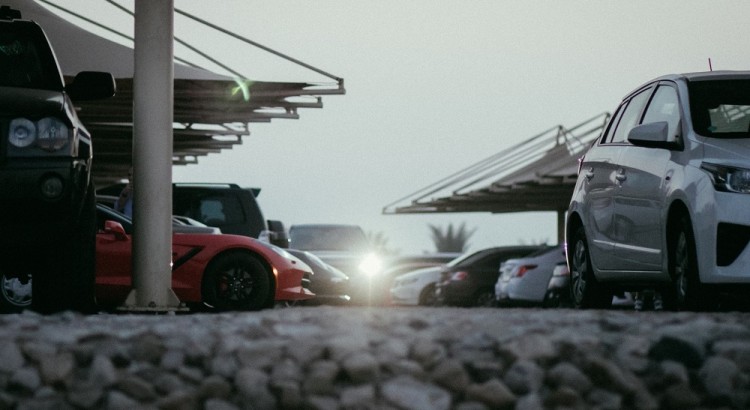Ramadan is a spiritual month during which muslims able to fast do so from sunrise to sunset. In the UAE it is illegal for anyone over a certain age to eat, drink, smoke, chew gum, and so on, in public during daylight hours. Whilst arrests are very rare for those who forget and take a drink out of habit, the police presence on the UAE’s roads increases considerably.
The reason we see more police on patrol is because Ramadan is also a month during which traffic accidents are more common. Drivers are hungry, tired, and Ramadan working hours mean there are more cars on the roads at the same time. Twice a day, most of the UAE’s busiest areas transform into something resembling a car park.
If you’re driving during Ramadan, here are some considerations.
Other Drivers
Many of the UAE’s drivers will be fasting. This means that by mid-afternoon many will be hungry, thirsty, and may be distracted. This distraction combined with the increase in the volume of traffic leads to accidents. Whether you are fasting or not, patience is the key to surviving what could be hours on the road; certainly if your commute is Dubai-Sharjah.
Many drivers, far too many in our opinion, will use the hard shoulder or fast lane safety lane as a way to beat traffic. Others will use entry and exit lanes to cut in when traffic is bad. It’s worth remembering that even the smallest amount of contact between your car and another will add time to your journey, especially if it takes the police a long time to arrive.
If a driver doesn’t have the patience you do and wants to push in without even the courtesy of an indicating light, let them. You will have lost approximately 10 ft of road space as their car takes ‘your’ space, but you will still be moving and on your way home. The police will be monitoring traffic offences and also welcome reports on bad drivers from the public. Your job is to get home safely, let the police do theirs.
Taxis
Taxi drivers work hard. It may not seem so as sitting in a car is hardly difficult. But, it is when you do it for eight hours. We get frustrated when sitting in traffic for thirty minutes, imagine if your job was to do so all day.
Usually, leaving your PayPerKay car in a car park and taking a taxi the last few kilometres is a good idea. But during Ramadan using taxi’s may not be the optimal choice. Your taxi driver may be fasting and the increase in traffic may be testing his resolve. In Dubai, when in your car, you can leave the scene of a small accident as long as you report the incident to the police later. But a taxi driver must stop even if the damage is minimal. As concentration wanes and accidents happen you could find yourself standing by the side of the road, waiting for another taxi.
Timing
During Ramadan rush hour there are no shortcuts, no quick ways, and no back roads. Everywhere a car can go there will be a car. So planning is important. Working hours change which means public and private sector employees finish work at the same time. This is usually between 2-4pm. If you are able to leave your office at 4pm you’re going to enjoy the type of traffic you would expect to find at 4am. Between 4-6pm during Ramadan the UAE’s roads are a drivers dream. You can leave work on time and sit for hours in traffic, or you can stay a little longer and drive home with ease.
Ramadan is a month during which we think about those less fortunate. We also exercise a greater amount of self control. At home, with our families, it is easier to observe Ramadan. On the roads, when trying to get home to our families, it is harder. But, get home we must, because our loved ones are waiting for us. Patience is a virtue.
We wish a you a blessed and safe Ramadan.




